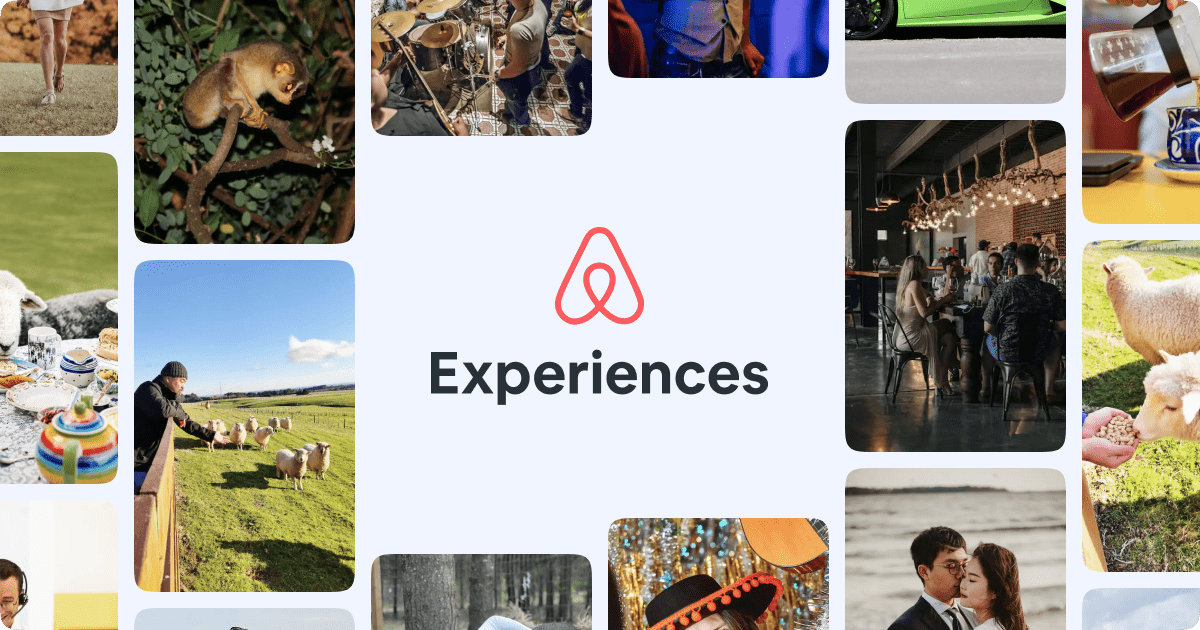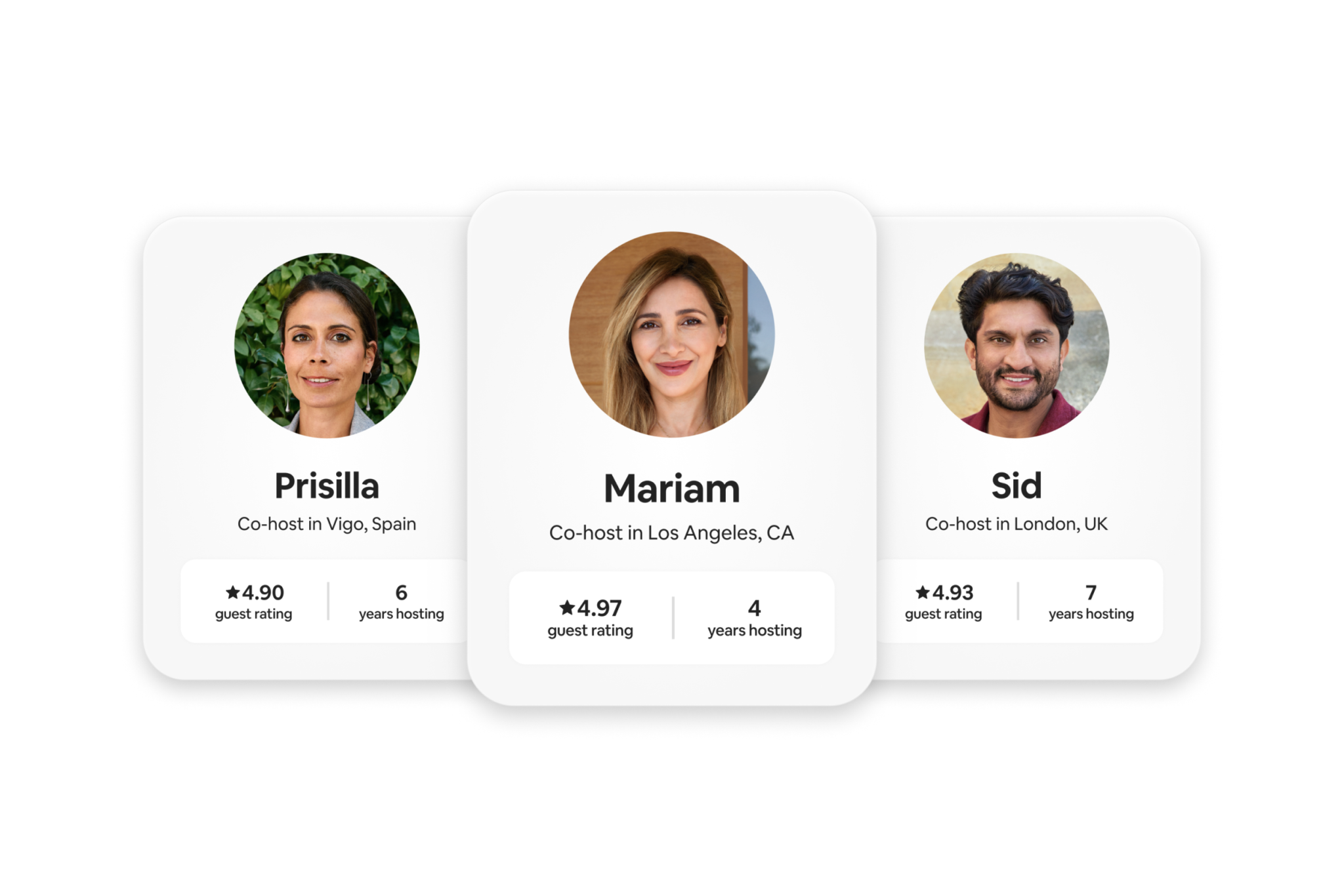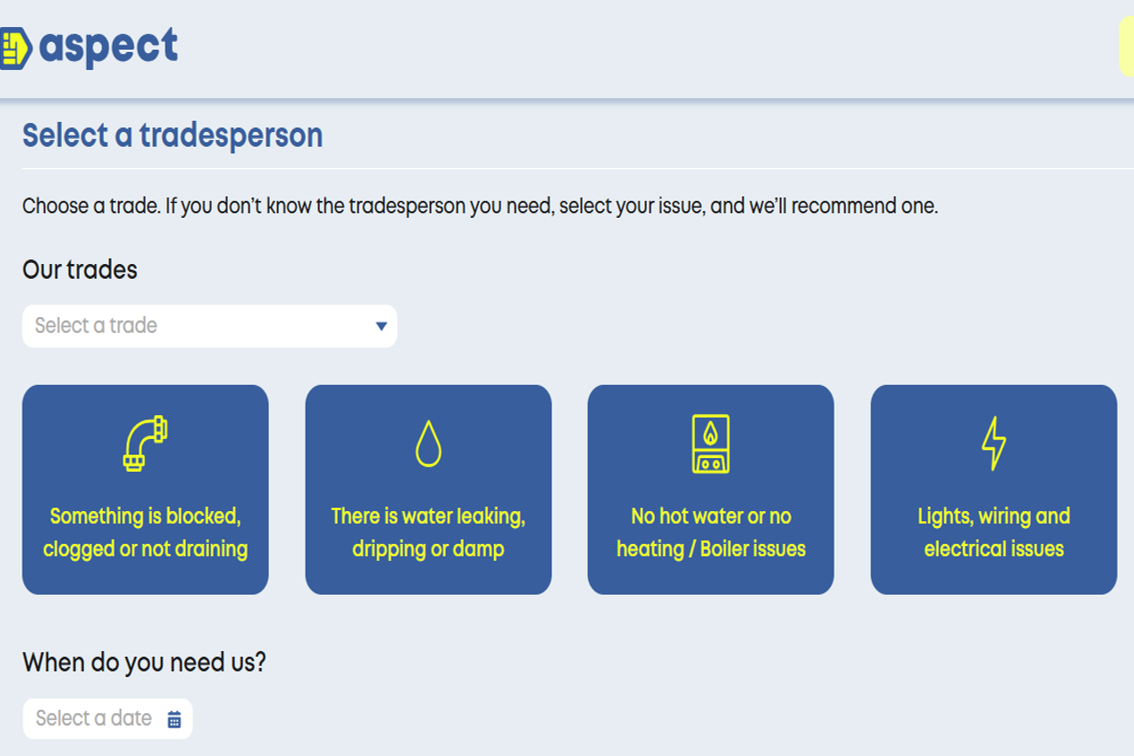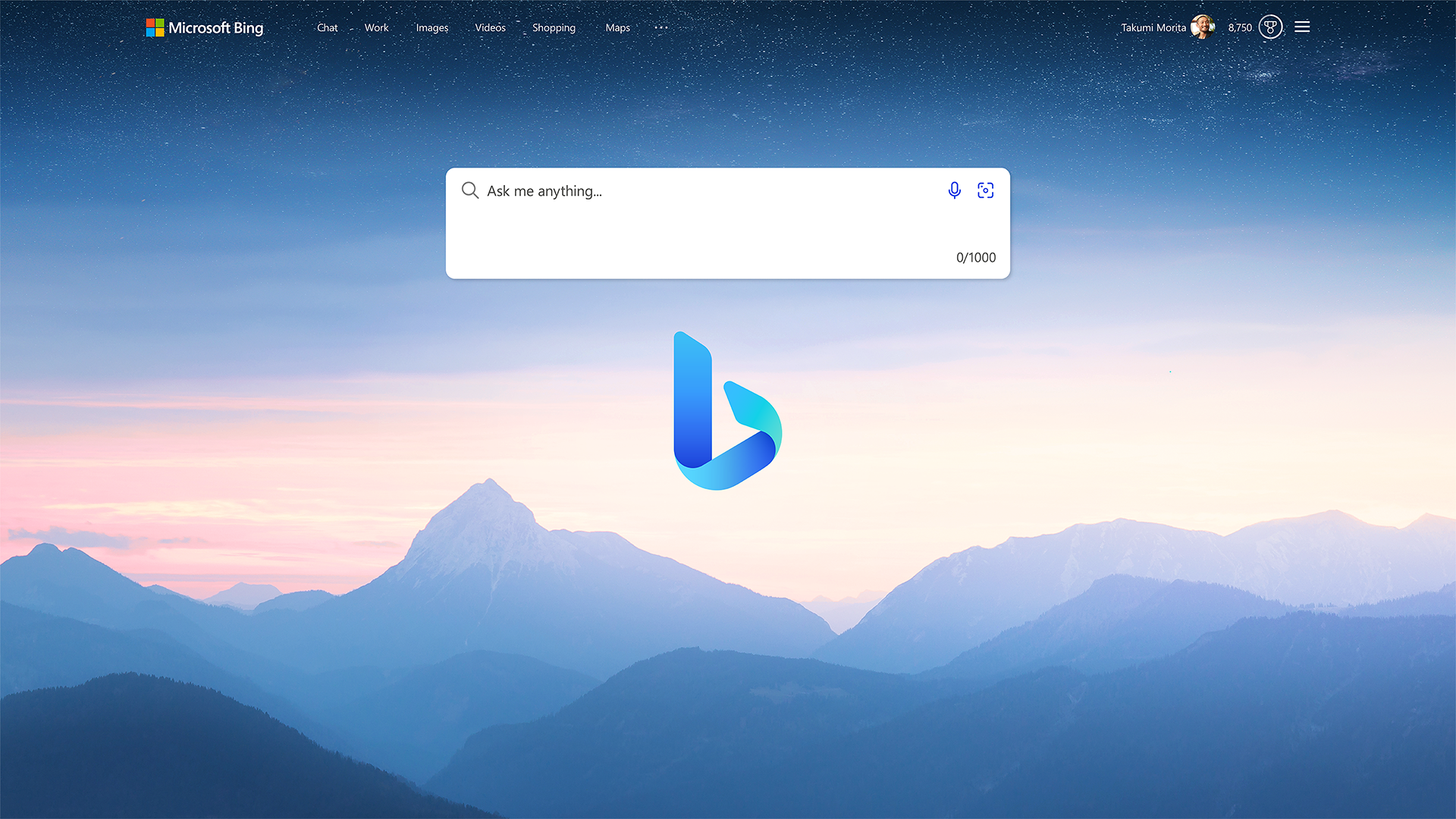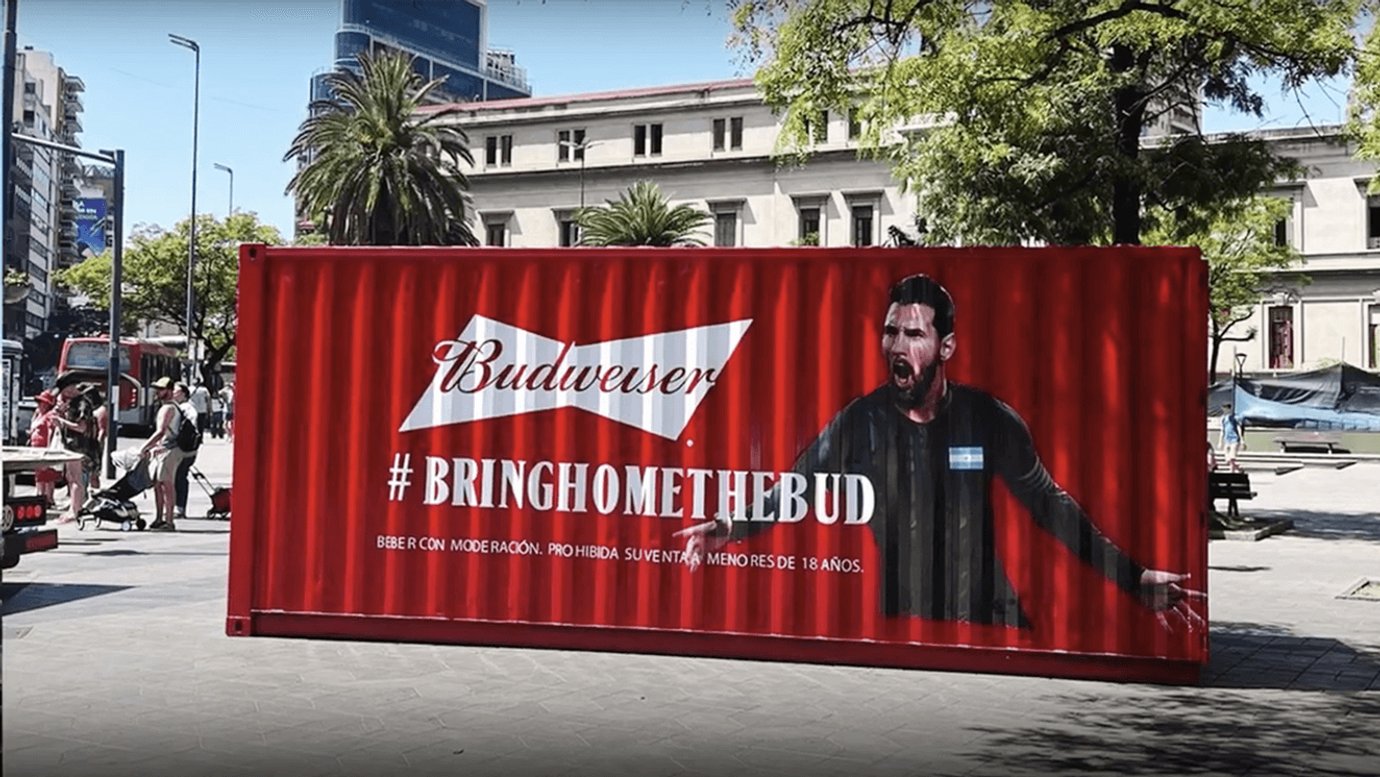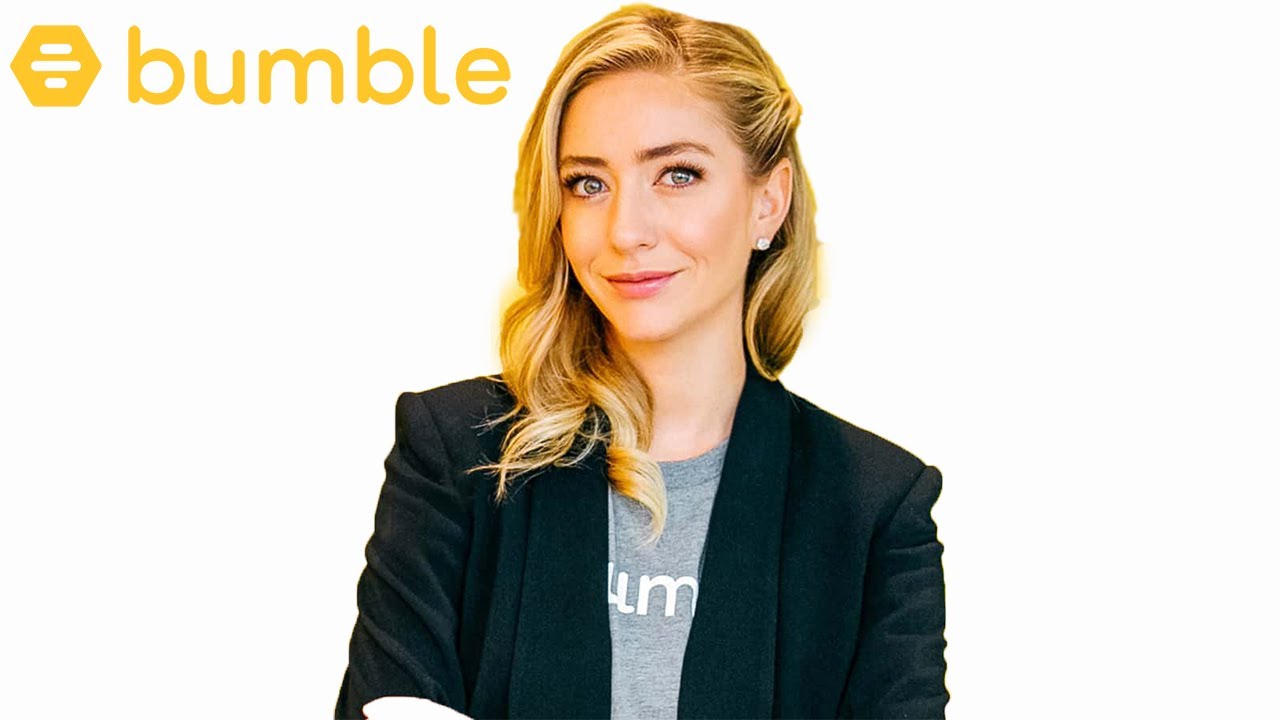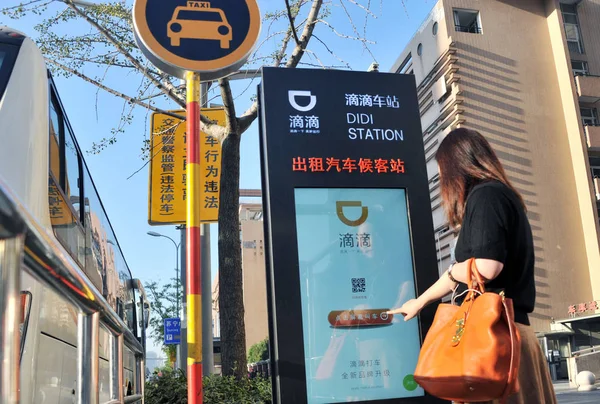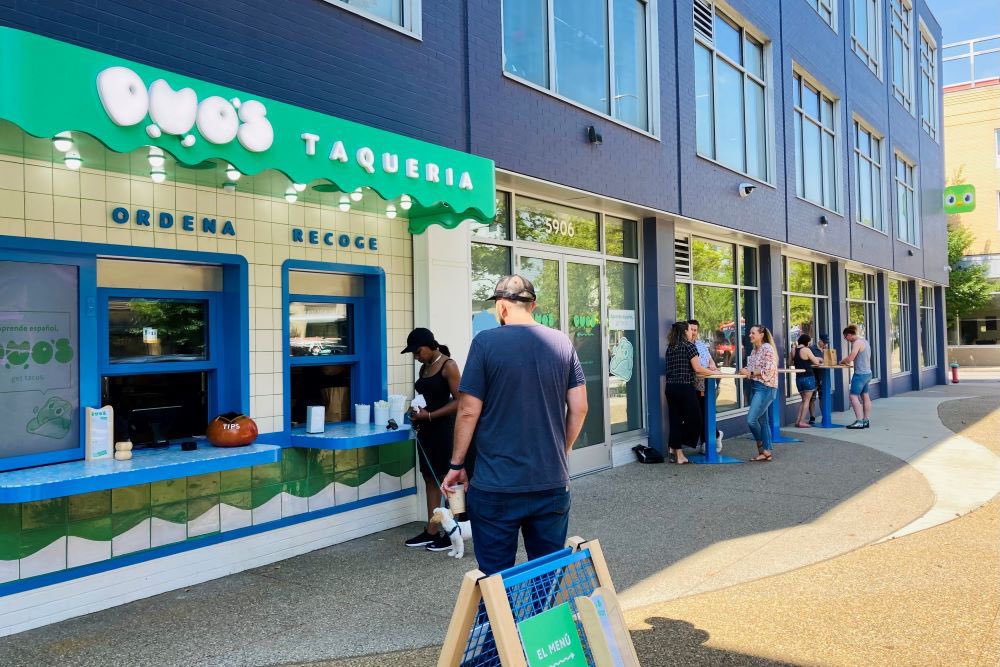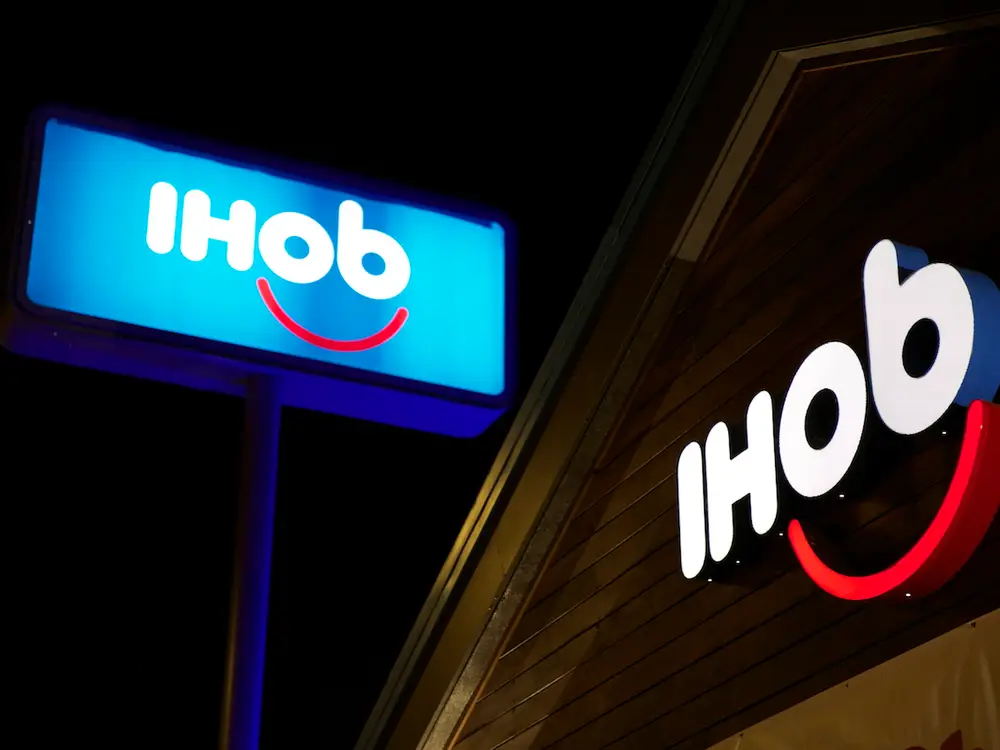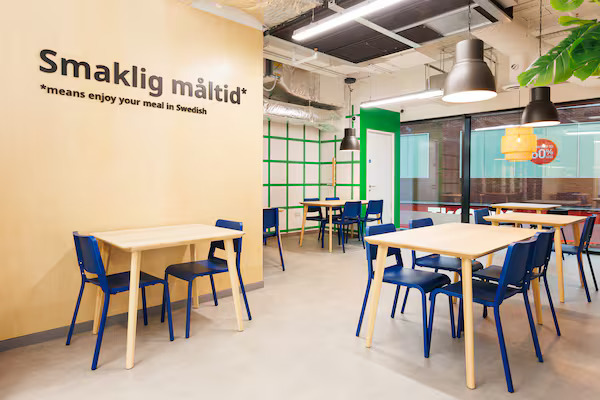Airbnb is in the business of travel, not just accommodation. In 2016 it launched the ‘experiences’ feature, which allows guests to book everything from local tours to restaurants.
Innovation
Airbnb recently launched a co-host network to make it easier for hosts to manage their properties. Co-hosts will create a listing on Airbnb, take photos, clean, and manage check-in with guests. It’s an effective way of encouraging potential hosts to promote their properties, and a big step for Airbnb in the battle to find supply.
In 2024 Airbnb introduced ‘Icons’ – experiences hosted by the greatest names in music, film, television, art and sports. Guests can stay in the floating house from Up, the Ferrari Museum in Maranello, Italy and even the Musée d’Orsay in Paris. A brilliant way of making the brand culturally relevant.
Categorisation is key for any app, and Aspect does this from the consumers’ perspective rather than the marketers’: recognising people often know the problem they have but not the solution they need.
Bing.com’s UK reach rose from 33% in January 2023 to 46% in May 2023 following the introduction of Bing AI, which features an AI chat response (like ChatGPT), an email drafting tool and the ability to create images.
Budweiser had a problem at the 2022 World Cup: Qatar, the host nation, banned the sale of beers. Rather than letting millions of litres of beer go to waste, the brand created a campaign called #BringHomeTheBud, stating that the company would send all the beers to the winning nation. A smart way of standing out and earning publicity during a potential crisis.
In the early days of Bumble, founder Whitney Wolfe Herd noticed signs banning social media apps in university classes. So she decided to hang additional signs, with Bumble included on the list of forbidden apps. “No one knew what Bumble was yet, so when we associated ourselves with these products … we inserted ourselves into the assumption that that would be the app that they would want to use in class,” she said. “All of a sudden, those downloads started going up.”
China’s leading ride-hailing service installed giant touchscreens all around Shanghai so that people (especially the elderly) could still hail a Didi car without having a smartphone.
Domino’s has an “order now for half time” ad that airs just before football matches on Sky Sports. It’s a clever, contextual way of encouraging people to use the product during peak moments.
Duolingo has developed its own official English Test (DET) to help people demonstrate their language skills. The DET is now used for international admissions by more than 5,000 higher education programs worldwide, as well as for visas in the USA. & Ireland.
The popular language learning app runs a Taqueria called Duo’s in Pittsburgh. It’s a great tool for building recognition, bringing in new customers, and fulfilling its main mission of improving language skills: customers can try the “Español Challenge” to get a discount on their order. It accounts for ~$1M of the ~$625M in revenue they make each year.
The foam that forms on top of espresso was originally called ‘scum’, and was thought to be a bad byproduct of making coffee. So manufacturer Gaggia marketed it as ‘crema’ to make it sound more desirable.
Getting home insurance is a serious faff, especially when providers ask you about intricate details you’ve never thought about. But the website GoCompare makes the process more consumer friendly by using visual cues. After all, it’s much easier to recognise your lock from an image than a description.
The American diner changed its name to “IHOb” to promote its new range of burgers. A simple tweak to its brand codes, but a powerful way of driving awareness and sales (which increased 4x).
Ikea is almost as famous for its food as its furniture, so in 2024 the retailer capitalised on this; opening a standalone restaurant in London, serving affordable meals as well as its iconic meatballs.

